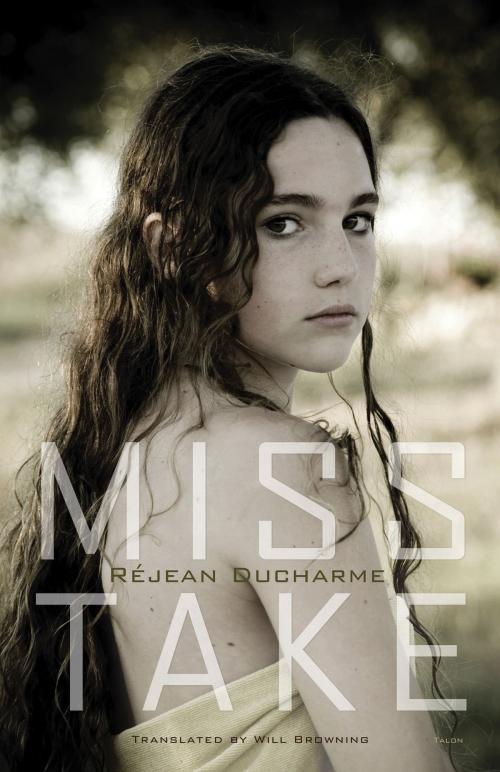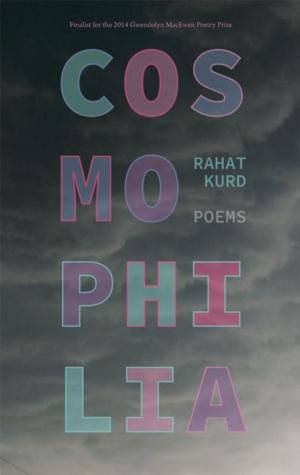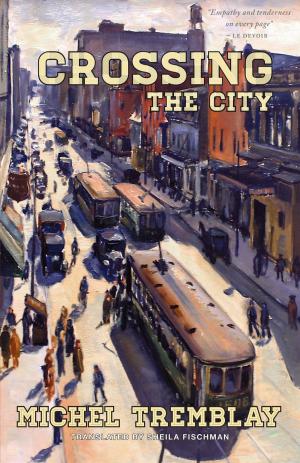Miss Take
Nonfiction, Health & Well Being, Psychology, Suicide, Family & Relationships, Adolescence, Fiction & Literature, Literary| Author: | Réjean Ducharme | ISBN: | 9780889227316 |
| Publisher: | Talonbooks | Publication: | August 17, 2012 |
| Imprint: | Talonbooks | Language: | English |
| Author: | Réjean Ducharme |
| ISBN: | 9780889227316 |
| Publisher: | Talonbooks |
| Publication: | August 17, 2012 |
| Imprint: | Talonbooks |
| Language: | English |
Sixteen-year-old Miles has run away from home, inviting his childhood companion, the fourteen-year-old Inuit orphan Chateaugué, to join him in a rented flat opposite Notre-Dame-de-Bonsecours in Montreal. There they construct a chaste life for themselves, living as brother and sister. They spend their days riding bicycles wildly through the streets of the city, dodging the automobiles that symbolize for them the adult world they despise, a world that has dominated the landscape with its roadmaps of social discourse. They spend hours at the library, laughing with disdain at how the classics have become venerated, how their authors’ words and turns of phrase have become confused with the things and actions they signify. Enthralled by the works of the mad” poet Nelligan, Miles begins a journal, determined to free language from the constraints of convention, but finds he cannot write anything without immediately conjuring up its opposite.
To escape the boredom that history seems to have decreed shall be re-enacted endlessly by all grown-ups, Miles and Chateaugué enter into a suicide pact to preserve their childhood freedom and purity from the debasement of the adult roles pre-ordained for them.
Destitute after spending what little money they have, Miles goes to a bar in search of a drink, where he is seduced by an older woman, and suddenly finds himself both attracted and repelled by the pleasures and debasements of the flesh. Having stepped out of their world of childhood innocence, can he return to Chateaugué and consummate their vows, or is this brush with experience irrevocable?
Written in a style that echoes the work of Arthur Rimbaud and William S. Burroughs, Ducharme’s vision is darkly prophetic of a world that has lost its innocence, and on which our lady of good help” now only gazes with an inscrutable Mona Lisa smile.
Sixteen-year-old Miles has run away from home, inviting his childhood companion, the fourteen-year-old Inuit orphan Chateaugué, to join him in a rented flat opposite Notre-Dame-de-Bonsecours in Montreal. There they construct a chaste life for themselves, living as brother and sister. They spend their days riding bicycles wildly through the streets of the city, dodging the automobiles that symbolize for them the adult world they despise, a world that has dominated the landscape with its roadmaps of social discourse. They spend hours at the library, laughing with disdain at how the classics have become venerated, how their authors’ words and turns of phrase have become confused with the things and actions they signify. Enthralled by the works of the mad” poet Nelligan, Miles begins a journal, determined to free language from the constraints of convention, but finds he cannot write anything without immediately conjuring up its opposite.
To escape the boredom that history seems to have decreed shall be re-enacted endlessly by all grown-ups, Miles and Chateaugué enter into a suicide pact to preserve their childhood freedom and purity from the debasement of the adult roles pre-ordained for them.
Destitute after spending what little money they have, Miles goes to a bar in search of a drink, where he is seduced by an older woman, and suddenly finds himself both attracted and repelled by the pleasures and debasements of the flesh. Having stepped out of their world of childhood innocence, can he return to Chateaugué and consummate their vows, or is this brush with experience irrevocable?
Written in a style that echoes the work of Arthur Rimbaud and William S. Burroughs, Ducharme’s vision is darkly prophetic of a world that has lost its innocence, and on which our lady of good help” now only gazes with an inscrutable Mona Lisa smile.















